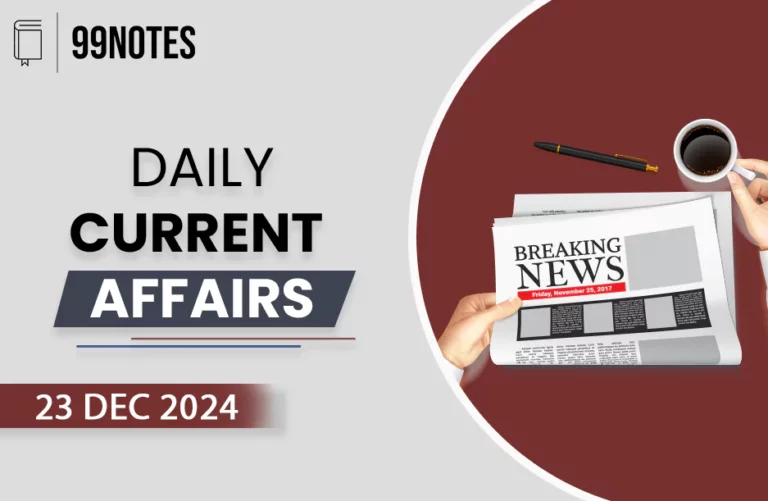08 July 2025: The Hindu Editorial
1. A Rightful Judicial Push for Clean Politics
Source – Page 6, The Hindu Editorial Section
| Topic: GS Paper 2 (Polity and Governance) |
| Context |
|
Background
-
According to ADR data, over 40% of MPs in the Lok Sabha face criminal charges.
-
Despite past recommendations and judgments, Parliament has not enacted stringent legislation to bar such individuals.
Supreme Court Intervention
-
The court invoked its moral authority and constitutional responsibility.
-
Called for fast-track courts to dispose of pending criminal cases against politicians.
-
Highlighted the erosion of public trust and democratic values due to criminalisation.
Relevant Constitutional & Legal Provisions
-
Article 102 & 191: Disqualification for MPs/MLAs.
-
Representation of People Act, 1951:
-
Section 8: Deals with disqualification upon conviction.
-
But: No provision for disqualification during the pendency of trial.
-
Previous Judicial Stands
-
Lily Thomas v. Union of India (2013): MPs/MLAs convicted of crimes with ≥2 years imprisonment will be immediately disqualified.
-
Public Interest Foundation v. Union of India (2018): Directed political parties to publish criminal records of candidates.
Challenges in Implementation
-
Lack of political will.
-
Misuse of false cases for political vendetta.
-
Delays in judicial process.
Way Forward
-
Enactment of laws to bar candidates with serious charges (framed by court, not just FIR).
-
Strengthening fast-track courts.
-
Political will for internal reforms within parties (e.g., denial of tickets).
-
Voter awareness campaigns.
|
Practice Question: “Criminalisation of politics poses a serious threat to the democratic fabric of India. Critically examine the judicial interventions in this regard and suggest institutional reforms to tackle the issue.” |
2. Framing Women’s Voices in Parliament
Source – Page 6, The Hindu Editorial
| Topic: GS Paper 2 – Polity and Governance (Representation, Women Empowerment) |
| Context |
|
Women in Legislature: A Historical Underrepresentation
-
Despite multiple legislative and constitutional efforts, the presence of women in Parliament remains below 15%.
-
India ranks poorly globally in terms of women’s political representation.
The Women’s Reservation Act (2023): Missed Opportunity?
-
Provides 33% reservation for women in Lok Sabha and State Assemblies.
-
However, implementation is linked to delimitation based on the next Census — delaying practical effect.
-
Critics argue it postpones empowerment rather than ensuring it.
Structural and Cultural Barriers:
-
Patriarchal politics: Major parties lack internal democracy and rarely nominate women candidates.
-
Tokenism: Women in politics often serve in symbolic roles with limited real power.
-
Financial barriers and political violence deter women from contesting.
Global Comparisons:
-
Countries like Rwanda, Mexico, and Sweden have high women representation due to quota enforcement and proportional systems.
-
India’s first-past-the-post system and political centralization hinder similar outcomes.
Way Forward:
-
Time-bound implementation of Women’s Reservation Act.
-
Internal party quotas for candidate nominations.
-
Increased training and capacity building for grassroots women leaders.
-
Strengthening of laws against electoral violence and harassment.
-
Electoral reforms to enhance transparency and reduce financial barriers.
|
Practice Question: Despite constitutional and legislative provisions, women remain underrepresented in Indian legislatures. Examine the causes and suggest reforms for effective political empowerment of women. |
Read more about –07 July 2025: The Hindu Editorial Analysis


